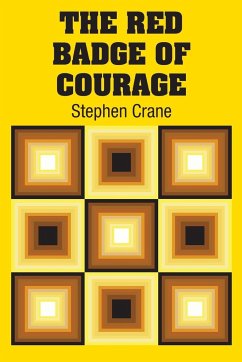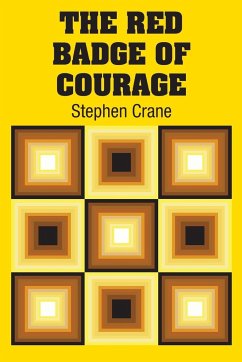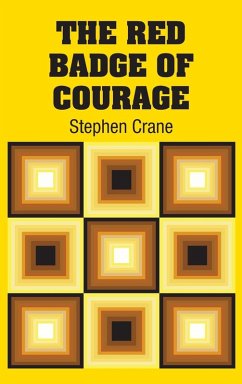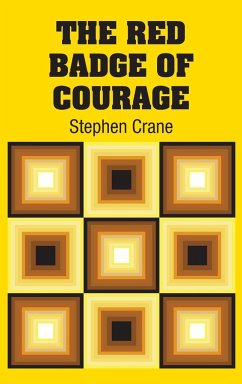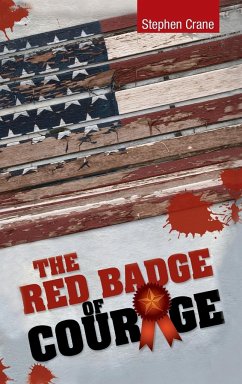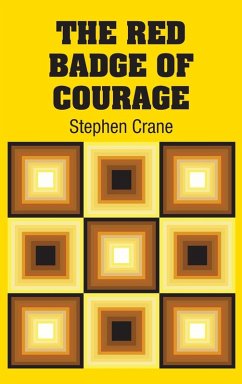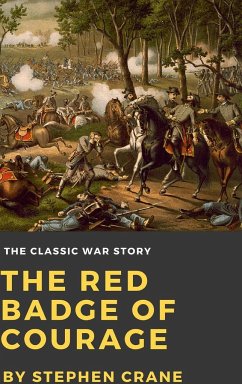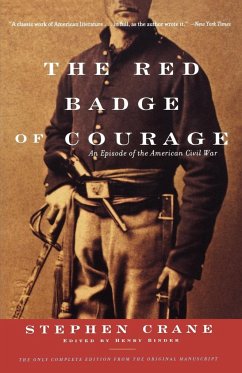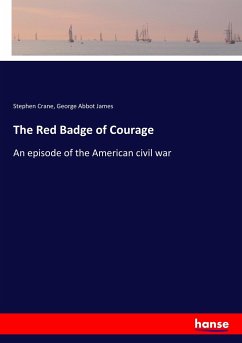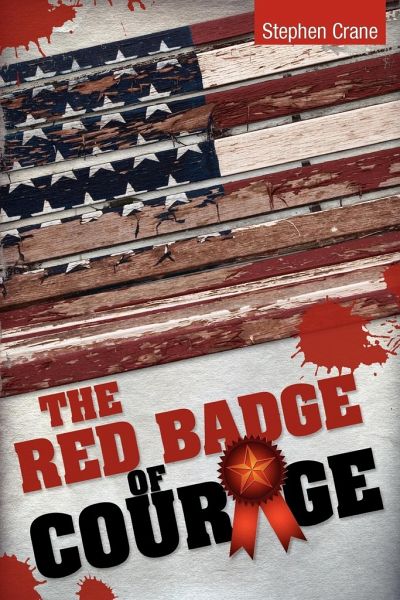
The Red Badge of Courage
Versandkostenfrei!
Versandfertig in 1-2 Wochen
13,99 €
inkl. MwSt.

PAYBACK Punkte
7 °P sammeln!
"During an unnamed battle, 18-year-old private Henry Fleming survives what he considers to be a lost cause by escaping into a nearby wood, deserting his battalion. He finds a group of injured men in which one of the group, the "Tattered Soldier," asks Henry, who's often referred to as "The Youth," where he's wounded. Henry, embarrassed that he's whole, wanders thru the forest. He ultimately decides that running was the best thing, & that he's a small part of the army responsible for saving himself. When he learns that his battalion had won the battle, Henry feels guilty. As a result, he return...
"During an unnamed battle, 18-year-old private Henry Fleming survives what he considers to be a lost cause by escaping into a nearby wood, deserting his battalion. He finds a group of injured men in which one of the group, the "Tattered Soldier," asks Henry, who's often referred to as "The Youth," where he's wounded. Henry, embarrassed that he's whole, wanders thru the forest. He ultimately decides that running was the best thing, & that he's a small part of the army responsible for saving himself. When he learns that his battalion had won the battle, Henry feels guilty. As a result, he returns to his battalion & is injured when a cannon operator hits him in the head because he wouldn't let go of his arm. When he returns to camp, the other soldiers believe he was harmed by a bullet grazing him in battle. The next morning he goes into battle for a 3rd time. While looking for a stream from which to attain water, he discovers from the commanding officer that his regiment has a lackluster reputation. The officer speaks casually about sacrificing Henry's regiment because they're nothing more than "mule drivers" & "mud diggers." With no regiments to spare, the general orders his men forward. In the final battle, Henry becomes one of the best fighters in his battalion as well as the flag bearer, finally proving his courage as a man."--Publisher's description.



